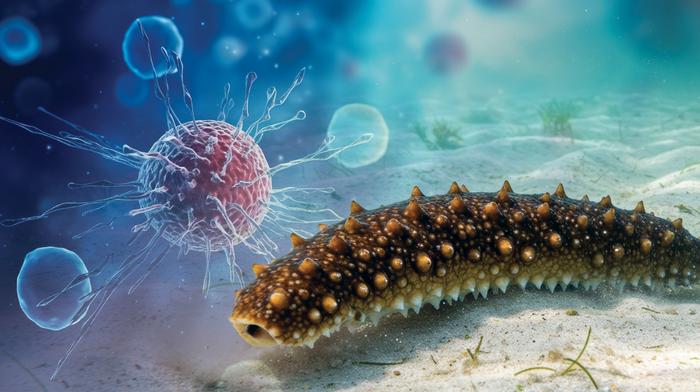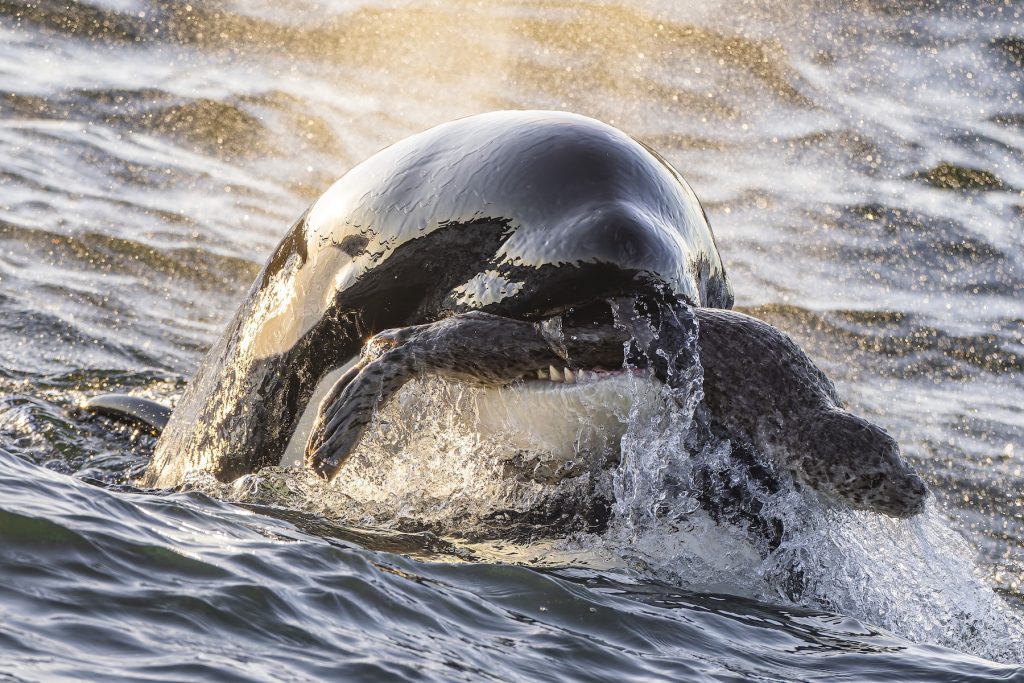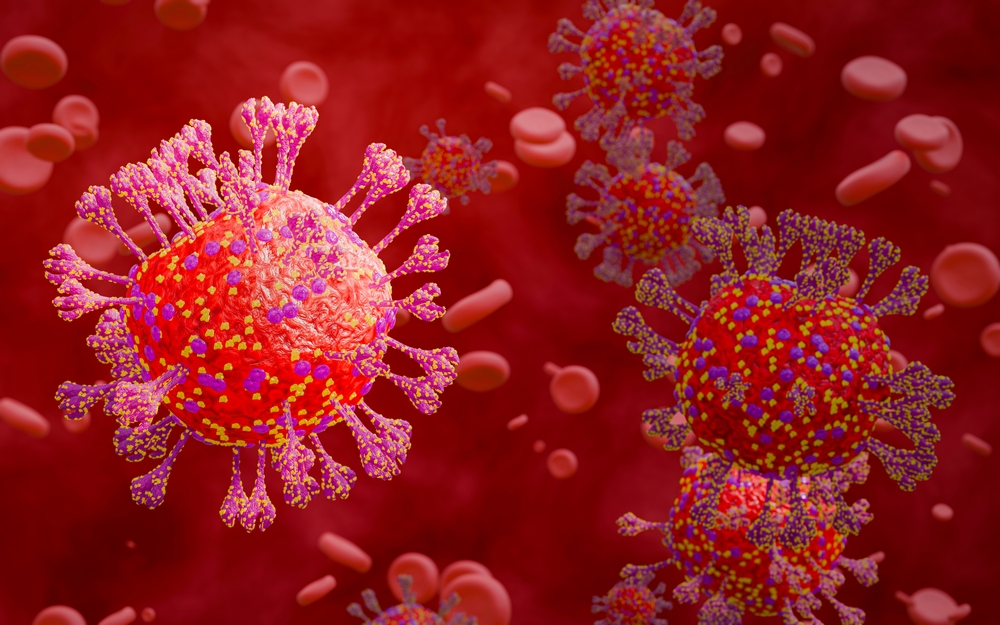Now Reading: Rare Sugar in Sea Cucumbers Shows Potential to Halt Cancer Growth
-
01
Rare Sugar in Sea Cucumbers Shows Potential to Halt Cancer Growth
Rare Sugar in Sea Cucumbers Shows Potential to Halt Cancer Growth

Swift Summary
- Scientists have identified a promising sugar compound, fucosylated chondroitin sulfate, found in sea cucumbers that can inhibit Sulf-2, an enzyme linked to cancer growth.
- Sulf-2 has been associated with several cancers, including liver cancer, gastric cancer, lung cancer, and breast cancer.
- Marine-derived compounds like this exhibit unique properties not commonly found in terrestrial organisms and are considered notable for medical research.
- Sea cucumbers play crucial roles in marine ecosystems as “janitors,” maintaining the health of seabeds; tho,their populations are declining due to overharvesting.
- To address ethical and ecological concerns regarding harvesting sea cucumbers for medicine progress, researchers aim to synthesize the compound chemically for further testing.
Read More: Sea Cucumbers Could Be the Key to Stopping Cancer Growth
Indian Opinion Analysis
The finding of fucosylated chondroitin sulfate represents an exciting scientific breakthrough with potential global health implications. For India-a country grappling with increasing rates of cancers such as liver and breast-innovative therapies could complement existing healthcare frameworks. However, protecting marine biodiversity highlights a critical challenge. India’s coastal regions host diverse marine species that facilitate ecosystem balance; lessons from sea cucumber population declines underline the importance of sustainable harvesting practices.
From a pharmaceutical perspective, synthetic production of such compounds offers opportunities for Indian biotech firms if they embrace research collaborations internationally. Yet domestic efforts toward replicating these findings could require intensified investments in pharmacological R&D-an area where India must continue expanding capacity.Balancing ecological conservation with advanced scientific exploration will remain key as similar discoveries emerge from nature’s repository.




























